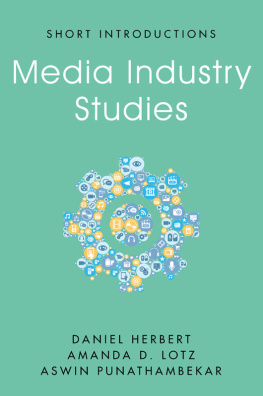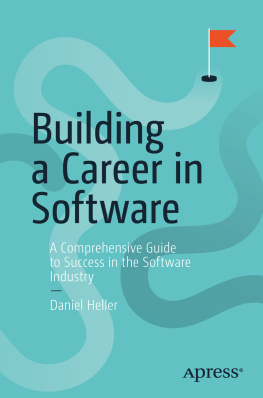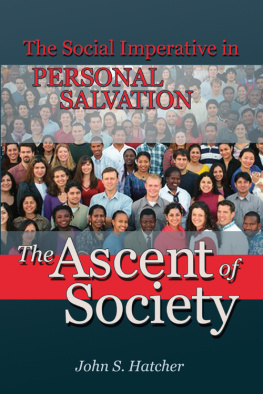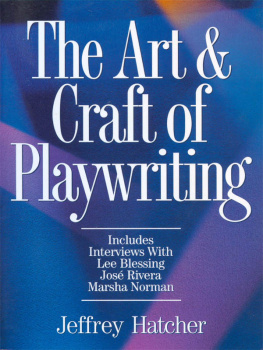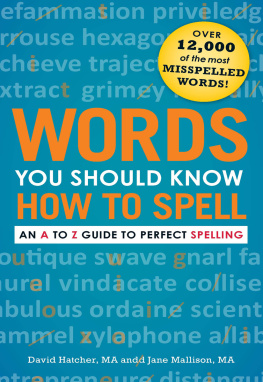Daniel L. Hatcher - The Poverty Industry
Here you can read online Daniel L. Hatcher - The Poverty Industry full text of the book (entire story) in english for free. Download pdf and epub, get meaning, cover and reviews about this ebook. year: 2021, publisher: NYU Press, genre: Politics. Description of the work, (preface) as well as reviews are available. Best literature library LitArk.com created for fans of good reading and offers a wide selection of genres:
Romance novel
Science fiction
Adventure
Detective
Science
History
Home and family
Prose
Art
Politics
Computer
Non-fiction
Religion
Business
Children
Humor
Choose a favorite category and find really read worthwhile books. Enjoy immersion in the world of imagination, feel the emotions of the characters or learn something new for yourself, make an fascinating discovery.

- Book:The Poverty Industry
- Author:
- Publisher:NYU Press
- Genre:
- Year:2021
- Rating:3 / 5
- Favourites:Add to favourites
- Your mark:
- 60
- 1
- 2
- 3
- 4
- 5
The Poverty Industry: summary, description and annotation
We offer to read an annotation, description, summary or preface (depends on what the author of the book "The Poverty Industry" wrote himself). If you haven't found the necessary information about the book — write in the comments, we will try to find it.
The Poverty Industry — read online for free the complete book (whole text) full work
Below is the text of the book, divided by pages. System saving the place of the last page read, allows you to conveniently read the book "The Poverty Industry" online for free, without having to search again every time where you left off. Put a bookmark, and you can go to the page where you finished reading at any time.
Font size:
Interval:
Bookmark:
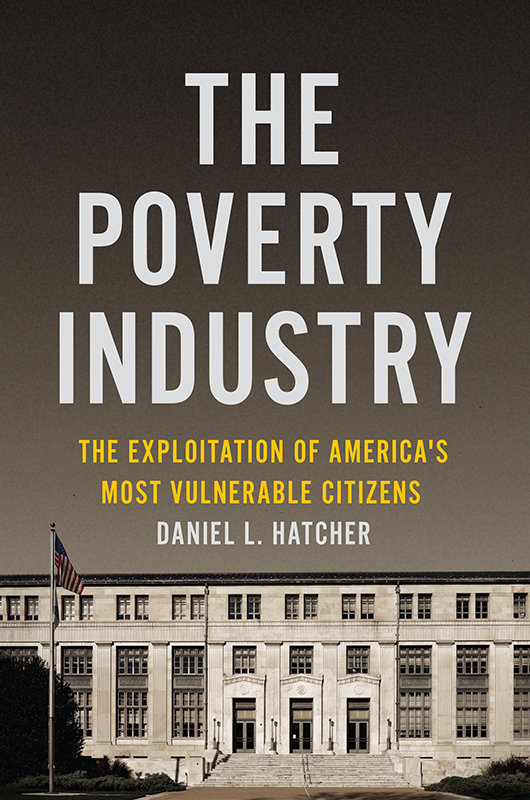
Families, Law, and Society series
General Editor: Nancy E. Dowd
Justice for Kids: Keeping Kids Out of the Juvenile Justice System
Edited by Nancy E. Dowd
Masculinities and the Law: A Multidimensional Approach
Edited by Frank Rudy Cooper and Ann C. McGinley
The New Kinship: Constructing Donor-Conceived Families
Naomi Cahn
What Is Parenthood? Contemporary Debates about the Family
Edited by Linda C. McClain and Daniel Cere
In Our Hands: The Struggle for U.S. Child Care Policy
Elizabeth Palley and Corey S. Shdaimah
The Marriage Buyout: The Troubled Trajectory of U.S. Alimony Law
Cynthia Lee Starnes
Children, Sexuality, and the Law
Edited by Sacha Coupet and Ellen Marrus
A New Juvenile Justice System: Total Reform for a Broken System
Edited by Nancy E. Dowd
Divorced from Reality: Rethinking Family Dispute Resolution
Jane C. Murphy and Jana B. Singer
The Poverty Industry: The Exploitation of Americas Most Vulnerable Citizens
Daniel L. Hatcher
Daniel L. Hatcher

NEW YORK UNIVERSITY PRESS
New York
NEW YORK UNIVERSITY PRESS
New York
www.nyupress.org
2016 by New York University
All rights reserved
References to Internet websites (URLs) were accurate at the time of writing. Neither the author nor New York University Press is responsible for URLs that may have expired or changed since the manuscript was prepared.
ISBN: 978-1-4798-7472-9
For Library of Congress Cataloging-in-Publication data, please contact the Library of Congress.
New York University Press books are printed on acid-free paper, and their binding materials are chosen for strength and durability. We strive to use environmentally responsible suppliers and materials to the greatest extent possible in publishing our books.
Manufactured in the United States of America
10 9 8 7 6 5 4 3 2 1
Also available as an ebook
For my parents, James and Barbara, and for my children, Landon, Raina, and Ava
Bibliography
I would like to begin by acknowledging and thanking my past clients who inspire my advocacy, writing, and teaching: low-income mothers and fathers striving for economic stability; disabled individuals fighting for their rights; aging adults seeking the quality of treatment they deserve; and the many foster children I representedwho are now adultsand who I deeply hope have beat the odds and are doing well.
I am grateful for the opportunity provided by NYU Press, and for the wonderful support from Clara Platter and Constance Grady. I am also grateful to Deborah Gershenowitz, formerly at NYU Press, who initially encouraged me to write this book.
I am lucky to teach at the University of Baltimore School of Law, and thankful for the leadership and support from Dean Ronald Weich. The Dean, the school, the faculty, and staff have provided me with excellent support and encouragement in writing this book. I also could not be more grateful for the opportunity to teach in the University of Baltimores outstanding clinical program. I am always inspired by the enthusiasm of the clinics wonderful faculty, staff, and students. Many of my colleagues provided me with invaluable feedback and encouragement in the writing process, both in this book and prior articles that ultimately led me to write this book. Special thanks to Professors who reviewed my prior scholarship, including Jane Murphy, Robert Rubinson, Michael I. Meyerson, Christopher J. Peters, and Elizabeth J. Samuels. I am fortunate to teach with Professor Michele Gilman in the Civil Advocacy Clinic, and I credit her with helping me learn how to translate my grounding in advocacy into teaching and scholarship. I also thank my administrative assistant, Rosalind Williams, and my research assistant, Alexa Curley, for their very helpful and insightful work and support during the writing process.
Professors Nancy Dowd and Barbara Bennett Woodhouse provided me with mentorship, support, and helpful feedback from the very beginning of my initial book proposal. I cant thank them enough. And I am also thankful for past comments and support from Professors Karen Syma Czapanskiy, Martin Guggenheim, David Super, Leigh Goodmark, and Bruce A. Boyer. I also thank Ezra Rosser and the American University Washington College of Law for the opportunity to present portions of this book and to benefit from participants comments and feedback. Portions of my earlier articles appearing in the Wake Forest Law Review, Arizona Law Review, New Mexico Law Review, Cardozo Law Review, and the Brooklyn Law Review provided foundational research and material for this book. I thank the excellent staffs at those journals. Further, I am grateful for assistance creating charts from Marcelo Agudo.
I would like to thank all my former colleagues from the Maryland Legal Aid Bureau and Childrens Defense Fund. Special thanks to Rhonda Lipkin, Hannah Lieberman, Joan Little, Wilhelm Joseph, and Deborah Weinsteintheir mentorship and encouragement led me to where I am today.
I also am incredibly thankful for family and friends. All were supportive, and many also provided helpful suggestions, including David Hatcher, Pam Wallis, Kella Hatcher, R. J. Wallis, Judi Marzullo, Caterina Hatcher, Walter Helmke, and Rowene Helmke. And I want to thank Mark Helmke, who went out of his way to encourage and help me early on regarding how to seek media coverage and foster interest in my writing and advocacy, and who left us too early. He is deeply missed.
And finally, I want to especially thank my parents, James L. and Barbara J. Hatcher, and my children, Landon, Raina, and Avato whom this book is dedicated. They have showered me with their pride, support, and helpful suggestions. My parents inspired my life path, including my desire to serve the vulnerable populations discussed in this book. I learned from my mothers giving nature and her passion for reaching out to those who are less fortunate or simply different. While writing, I have been surrounded by beautiful furniture creations made by my father (with me often serving as his apprentice), and I was inspired by his wonderful views on lifeincluding in his excellent book, Going to Camp: A Memoir of Twin Boys Quest for Education in the Rural South. And my children also inspire me every day, with their amazing qualities and insightsand their passions for learning and living life true to who they are. They have encouraged me with fascinating questions about my writing, and have been incredibly supportive and patient during the countless hours I have devoted to this book.
Alex was taken into foster care at age twelve after his mothers death. Over a six-year period, he was moved at least twenty times between temporary placements and group homes. Soon after losing his mother, Alex learned his older brother might be able to care for him, but then his brother died. There were also hopes that Alex could go to live with his father, but then his father died as well.
Unknown to Alex, he was eligible to receive Social Security survivor benefits after his father died. These funds could have provided an invaluable benefit to Alex, supplying an emotional connection to his deceased father and financial resources to help with his difficult transition out of foster care.
Next pageFont size:
Interval:
Bookmark:
Similar books «The Poverty Industry»
Look at similar books to The Poverty Industry. We have selected literature similar in name and meaning in the hope of providing readers with more options to find new, interesting, not yet read works.
Discussion, reviews of the book The Poverty Industry and just readers' own opinions. Leave your comments, write what you think about the work, its meaning or the main characters. Specify what exactly you liked and what you didn't like, and why you think so.


